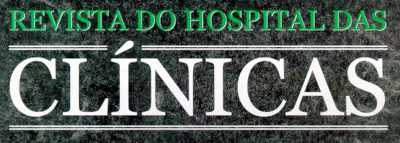OBJECTIVE: To identify the prevalence of management plans and decision-making processes for terminal care patients in pediatric intensive care units. METHODOLOGY: Evidence-based medicine was done by a systematic review using an electronic data base (LILACS, 1982 through 2000) and (MEDLINE, 1966 through 2000). The key words used are listed and age limits (0 to 18 years) were used. RESULTS: One hundred and eighty two articles were found and after selection according to the exclusion/inclusion criteria and objectives 17 relevant papers were identified. The most common decisions found were do-not-resuscitation orders and withdrawal or withholding life support care. The justifications for these were "imminent death" and "unsatisfatory quality of life". CONCLUSION: Care management was based on ethical principles aiming at improving benefits, avoiding harm, and when possible, respecting the autonomy of the terminally ill patient.
Terminal care; Ethics; Life support care, pediartics; Pediatric intensive care unit



